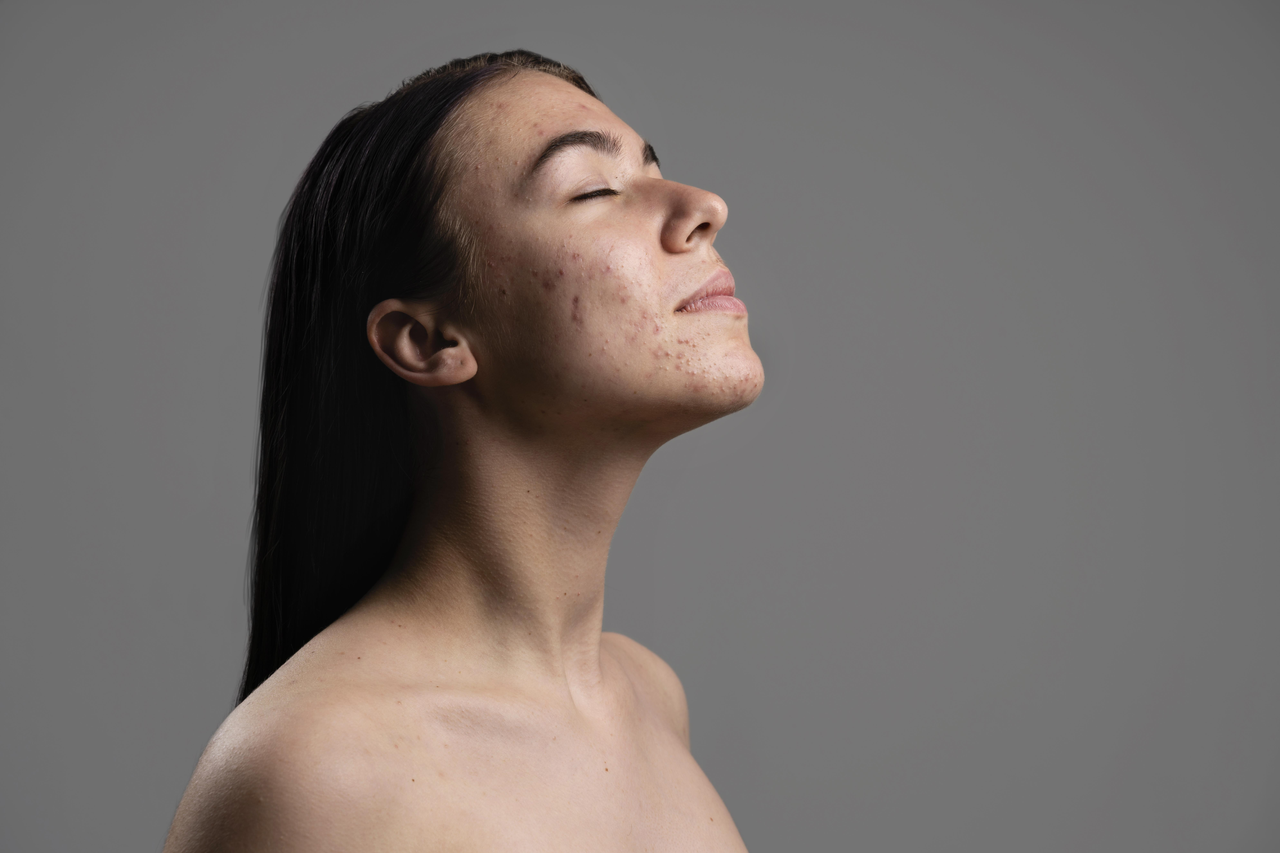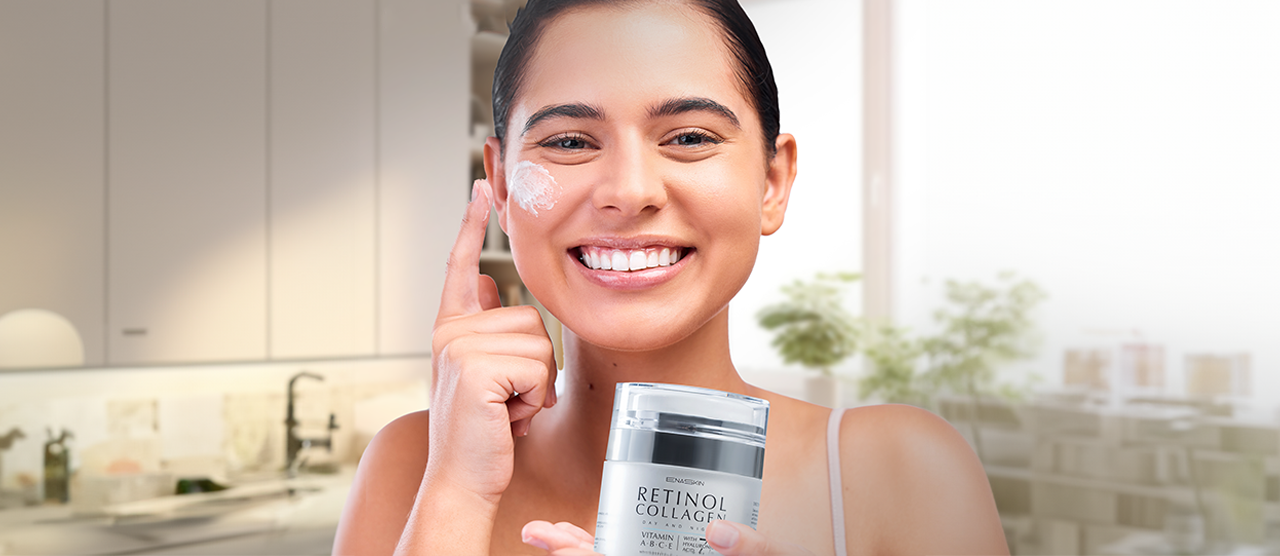Ever find yourself frustrated by dark spots that seem to linger long after the initial skin issue has healed? You might be dealing with post-inflammatory hyperpigmentation (PIH). In our previous posts, we touched on various types of dark spots, and PIH was among them. This skin condition, while common, can feel like a stubborn shadow on your otherwise clear complexion. But worry not—this guide will illuminate the mysteries of PIH, explore its roots, and unveil innovative strategies to restore your skin's even, radiant glow.
What is Post-Inflammatory Hyperpigmentation?
Imagine your skin as a canvas. When it undergoes trauma or inflammation, it's as if someone has accidentally spilled ink on it. This "ink" is excess melanin, which manifests as dark patches or spots. Unlike sun-induced hyperpigmentation, PIH isn’t about how much sun you’ve absorbed; it's about how your skin reacts to internal disturbances and healing processes. Your skin’s natural response can lead to an overproduction of melanin, leaving behind those unwelcome dark marks.
Uncovering the Roots of PIH
To effectively combat PIH, you need to understand what causes it. Here’s a deep dive into the usual suspects:

-
Acne Scars: Acne lesions can be like relentless artists, leaving dark, stubborn traces as they heal.
-
Eczema Flare-Ups: The inflammation from eczema often results in pigment deposits, creating persistent dark patches even after the flare-up is over.
-
Psoriasis: This chronic skin condition can leave lasting dark spots due to ongoing inflammation.
-
Traumatic Injuries: Whether it’s cuts, burns, or scrapes, these injuries can leave behind PIH as your skin repairs itself.
-
Post-Treatment Reactions: Sometimes, even beneficial treatments like chemical peels or laser therapy can unintentionally trigger PIH, particularly in individuals with darker skin tones.
Mastering the Art of Prevention
Prevention is your best defense against PIH. Here’s how to fortify your skin and minimize risk:

-
Hands Off: Avoid touching or scratching your face. This can aggravate inflammation and lead to more pronounced PIH.
-
Choose Gentle Products: Opt for skincare that soothes rather than irritates. Harsh ingredients can exacerbate the issue.
-
Sun Protection is Non-Negotiable: Sunscreen is your shield. Apply a broad-spectrum SPF 30 or higher daily to prevent further darkening of existing PIH.
-
Address Issues Early: Tackle any skin problems or underlying conditions as soon as they arise to prevent the onset of PIH.
Exploring Cutting-Edge Treatments for PIH
From groundbreaking treatments to natural remedies, here’s how to effectively tackle PIH:
-
Topical Solutions:

-
Vitamin C: Picture this as your skin’s radiant superhero. It brightens and fades dark spots, giving your complexion a much-needed boost.
-
Hydroquinone: A powerful lightening agent, hydroquinone can significantly reduce pigmentation under a dermatologist’s guidance.
-
Retinoids: Think of these as cellular rejuvenators. They enhance cell turnover, gradually lightening dark spots and smoothing skin texture.
-
Niacinamide: This versatile ingredient not only lightens pigmentation but also calms inflammation and strengthens the skin barrier.
-
Professional Treatments:

-
Chemical Peels: These treatments work like a rejuvenating spa day for your skin, removing the top layer to reveal a fresher, more even tone.
-
Laser Therapy: Lasers target and break down excess melanin. Fractional lasers and intense pulsed light (IPL) are precise tools for tackling stubborn dark spots.
-
Microdermabrasion: A gentle exfoliation technique that polishes away surface layers of skin, reducing dark spots and enhancing texture.
-
Natural Remedies:

-
Aloe Vera: A soothing agent known for its healing powers, aloe vera can help lighten dark spots and calm the skin.
-
Green Tea Extract: Rich in antioxidants, green tea extract can diminish pigmentation and soothe inflammation.
-
Licorice Extract: This natural brightener inhibits melanin production and can effectively reduce hyperpigmented areas.
When to Seek Expert Advice

If your at-home remedies and over-the-counter solutions aren’t delivering the results you want, it might be time to consult a dermatologist. They can offer a tailored treatment plan and may recommend advanced procedures or prescription treatments suited to your specific needs.
Remember:
Post-inflammatory hyperpigmentation might seem like an enduring challenge, but with a thoughtful and proactive approach, it’s manageable. By understanding its causes, implementing preventive measures, and exploring both conventional and innovative treatments, you can work towards a more even, luminous complexion. Remember, patience and consistency are your allies on this journey. With time and the right care, you’ll uncover your skin’s natural brilliance once more.
Got your own PIH experiences or questions about treatment? Share them in the comments below. Let’s come together to discover the best solutions for achieving clearer, healthier skin!
Looking for gentle yet effective PIH treatment product? Check out our most recommended skincare essential below!
For more gentle yet effective skincare products, visit our Amazon stores:





